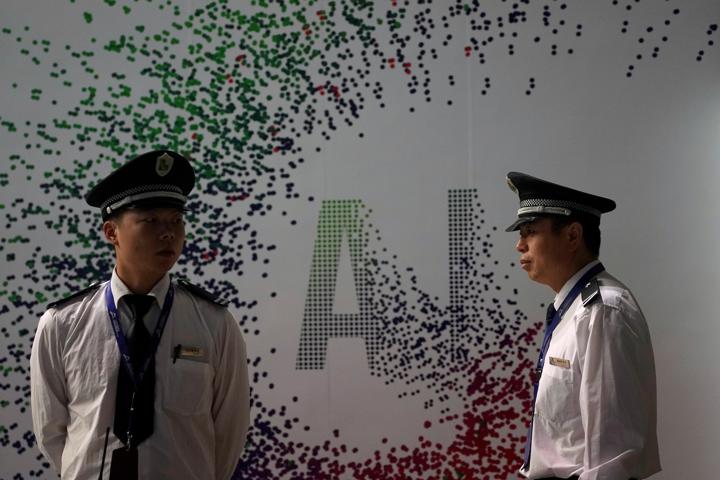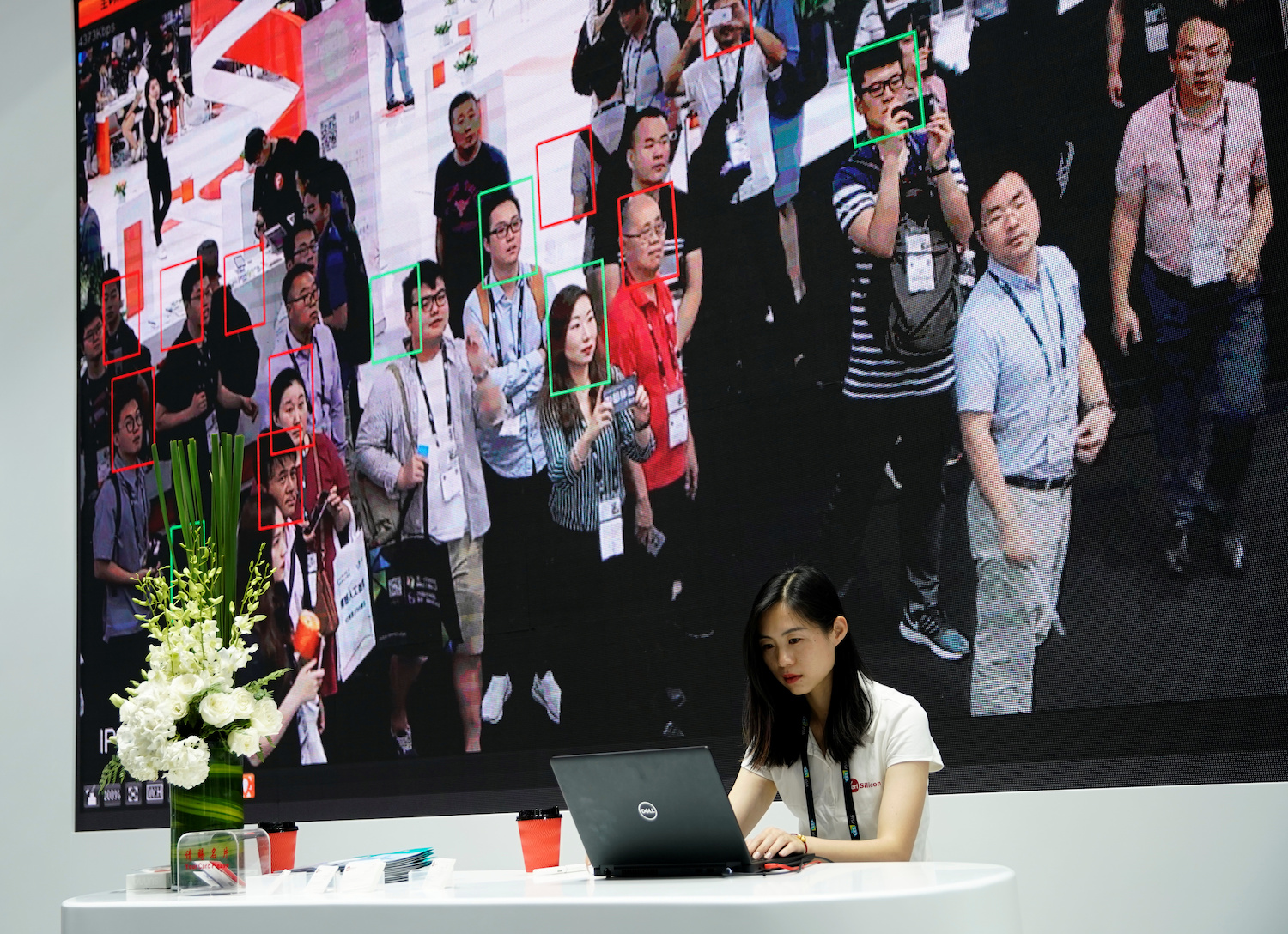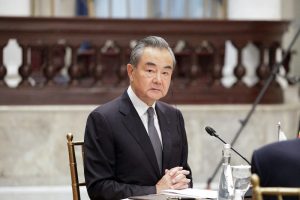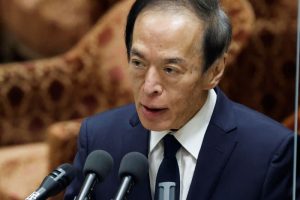(ATF) Following news that the Chinese Communist Party (CCP) aims to increase its control of the private sector by inserting or recruiting party cells for private companies, today’s edition of the state’s leading news outlet, The Peoples’ Daily, outlined in part what other practical steps will be taken.
The “new era” promised by President Xi will be largely led by a new vision for a ‘Digital China.’ Technology will infiltrate all aspects of life, and one device used by citizens will provide total government overwatch or monitoring of people’s lives.
Coasting on the success of the ‘health status’ app, which identified citizens exposure to the coronavirus, and is used by all citizens, new apps are being developed that will not only show details about users’ health – but also their ideological status.
The new Digital China era will be used to publicise and implement Xi Jinping’s thoughts on socialism with Chinese characteristics.
The editorial says: “General Secretary Xi Jinping pointed out that speeding up the construction of a digital China will better serve China’s economic and social development and the improvement of people’s lives.”
In practical measures, Digital China will be a nationwide cloud, and citizens will receive a “one Internet, one screen, all-in-one card.” Almost all aspects of life – clothing, food, housing, transportation and government services – will be covered.
The People’s Daily said this would give citizens “a sense of freedom and freedom of one machine in hand.”
Education, medical care, culture, social security, pension and other factors would be deeply integrated with the Internet system.
China has already announced plans to build ‘smart’ cities, ‘smart’ towns, and ‘smart’ ecosystems to “spring up like mushrooms,” with digital industries, digital campuses and digital communities.
“Digital villages”, the paper said, will “bloom everywhere”, with online offices, online public welfare, telemedicine, virtual reality 3D museums, and other functions all planned.
Already China’s “cloud classroom” provides online courses for 265 million students in primary and secondary schools.
‘Smart’ police and security “will bring peace and harmony to the people.” Kindergartens are also teaching toddlers Xi Jinping thought.

Security officers keep watch in front of an AI (Artificial Intelligence) sign at a Huawei Connect event in Shanghai in September 2019. Governments across Asia are backing ‘Smart cities’ that use technology and data to prevent crime and deliver social services. But some UN experts say the increased use of data, and facial recognition software and closed-circuit TV have also sparked concerns over the creation of a ‘digital dystopia‘. Pic: Aly Song/ Reuters.
Big data, promoting an ‘orderly society’
General Secretary Xi Jinping noted that the new generation of information technology represented by the Internet, big data, and artificial intelligence is changing with each passing day, saying it would have a significant and far-reaching impact on the country’s economic and social development, national management, social governance and the lives of people in all countries.
The new Digital China plan includes expanding online government services, and users have already reached 694 million people, Xi said.
The Party Central Committee and government departments have introduced a number of digital empowerment measures to accelerate the construction of new infrastructure, as well as trialing aspects of how this new societal model will work.
They are speeding up the construction of new infrastructure, expanding integrated and innovative applications, and carrying out pilot demonstrations and this work has been given “multi-level guidance and support to accelerate the digitalisation process.”
China’s big data platform performs in-depth and accurate analysis of various types of data, according to the editorial.
The CCP is now formulating relevant policies and development plans for the government to “implement comprehensive social governance,” it said.






















